COS News
News

A new report from a group of Northeastern researchers explores across disciplines how biotech can ensure safe, sustainable life beyond Earth.
The key to international space cooperation is developments in biotechnology, Northeastern researchers say
News

The NeuroPRISM lab, led by assistant psychology professor Stephanie Noble, makes tools that pave the way for reliable and reproducible neuroimaging of the brain.
Precise maps of the brain’s deepest corners are made possible through tools developed by these Northeastern researchers
Showing all results

How local lobstermen could help save our coastal habitats
As fishery management practices struggle to keep up with warming waters, the insights of local lobstermen provide an invaluable understanding of changing dynamics, new research shows.

Twelve Northeastern scholars make ‘Highly Cited Researchers’ list
The faculty members were included in this year’s “Highly Cited Researchers” list, an annual compilation by the data analytics company Clarivate that recognizes scholars who rank among the top 1% of their field.
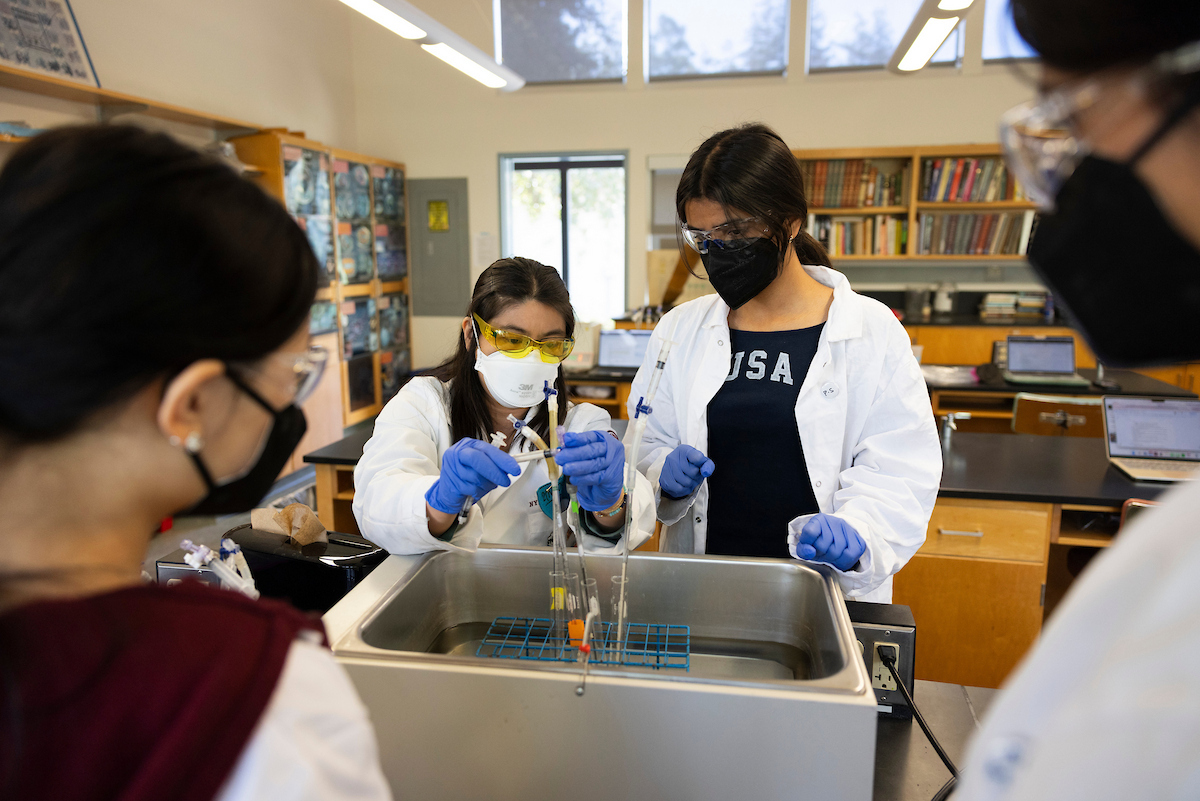
This research program is changing the game for college freshmen
Most college freshmen spend their first year adjusting to campus life, finding their footing academically, and maybe exploring a few extracurriculars. Research opportunities? Those typically come later, reserved for upperclassmen who’ve proven themselves. The College of Science’s Dean’s Research Scholars program is opening doors for freshmen, bringing them into meaningful research from the moment they […]
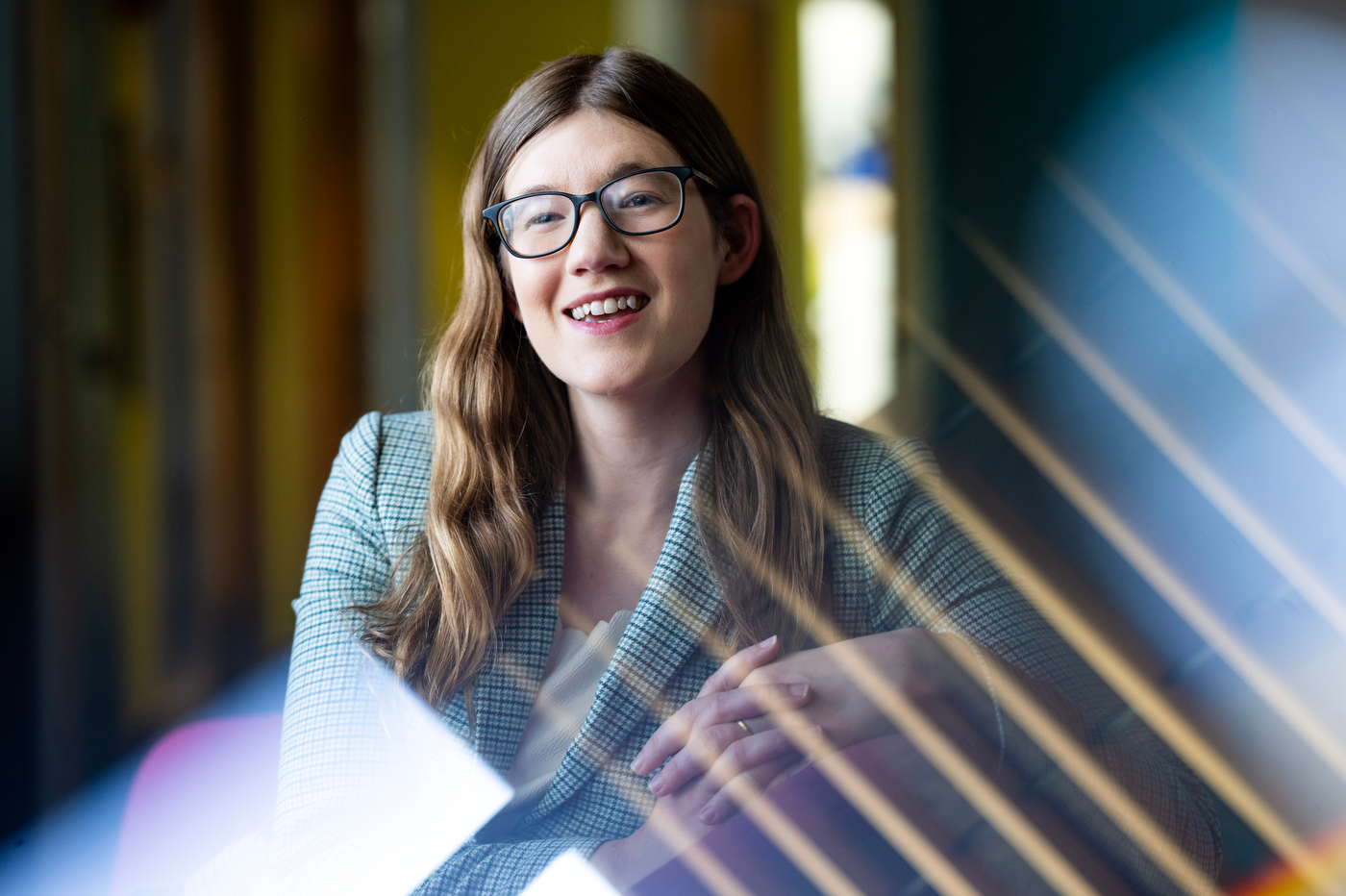
Northeastern University professor honored with prestigious American Psychological Association award
Laurel Gabard-Durnam, whose work focuses on brain plasticity and creating real-world tools, will receive the Boyd McCandless Award in August, 2026.
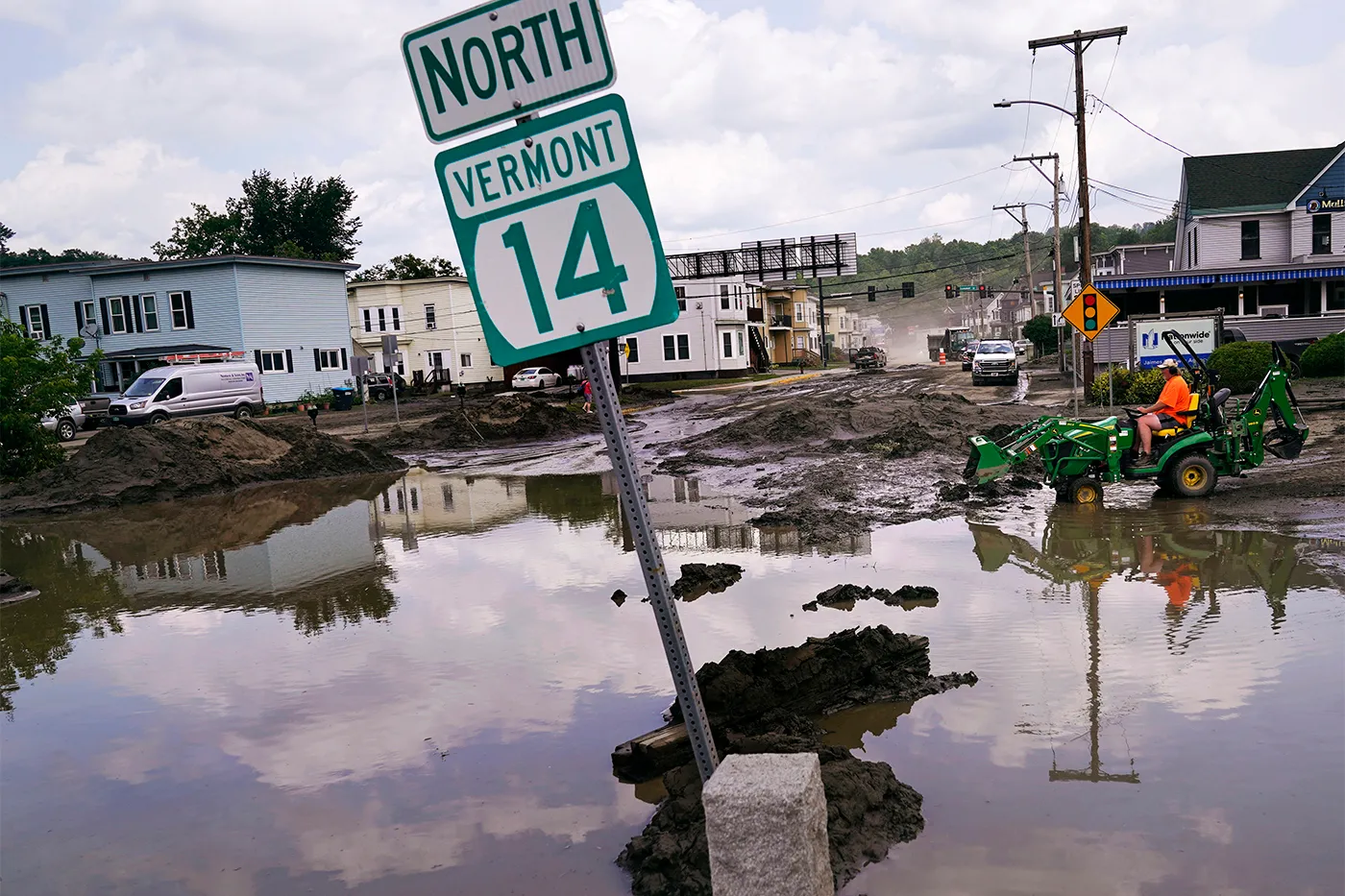
Breakthrough research uses machine learning to better predict New England floods
Researchers at Northeastern University used machine learning to aggregate nearly five decades of weather data to better understand the factors that lead to New England flooding.
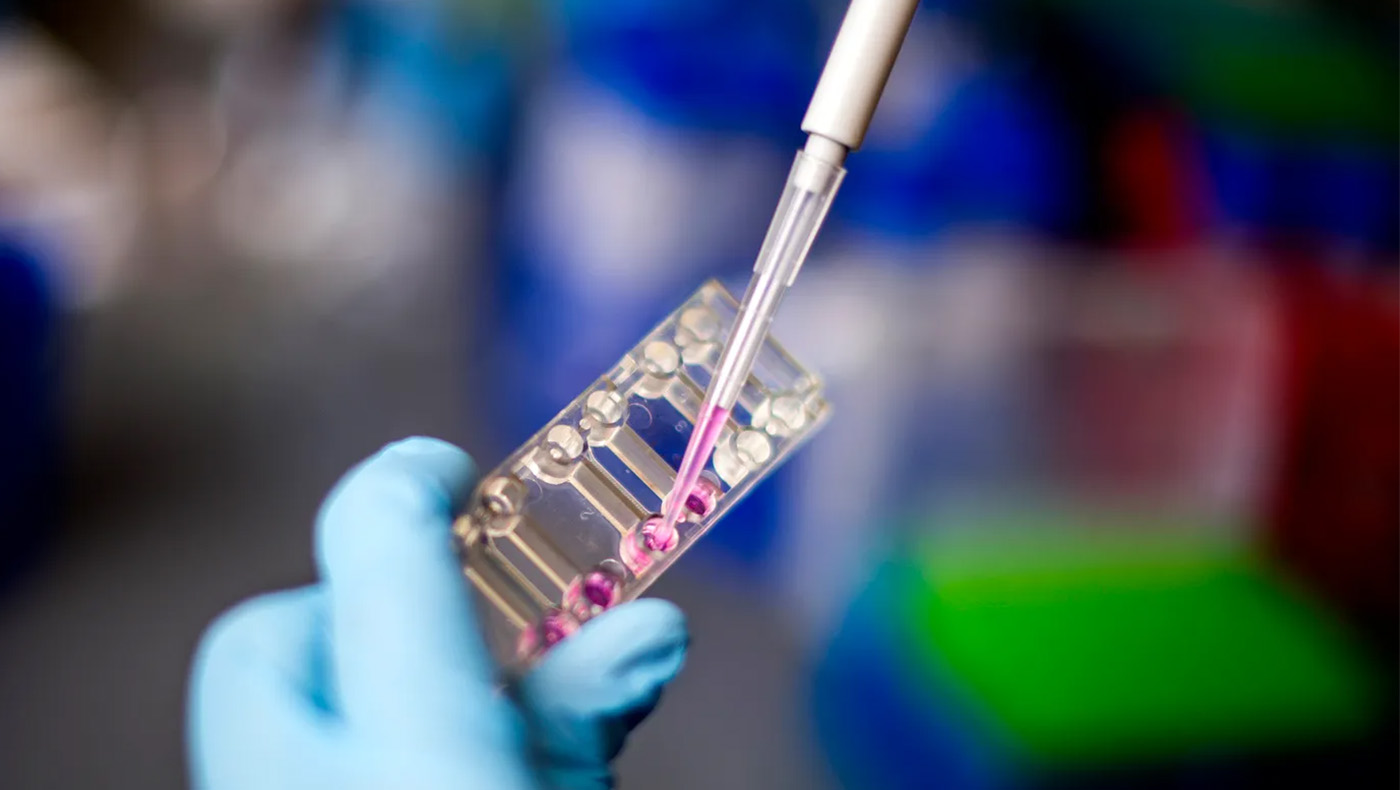
AI could revolutionize drug discovery. But how can we regulate it?
In health care, AI is moving at warp speed, while regulations lag behind. Jared Auclair proposes a new regulatory framework that would keep AI innovation moving and get drugs to patients in need.
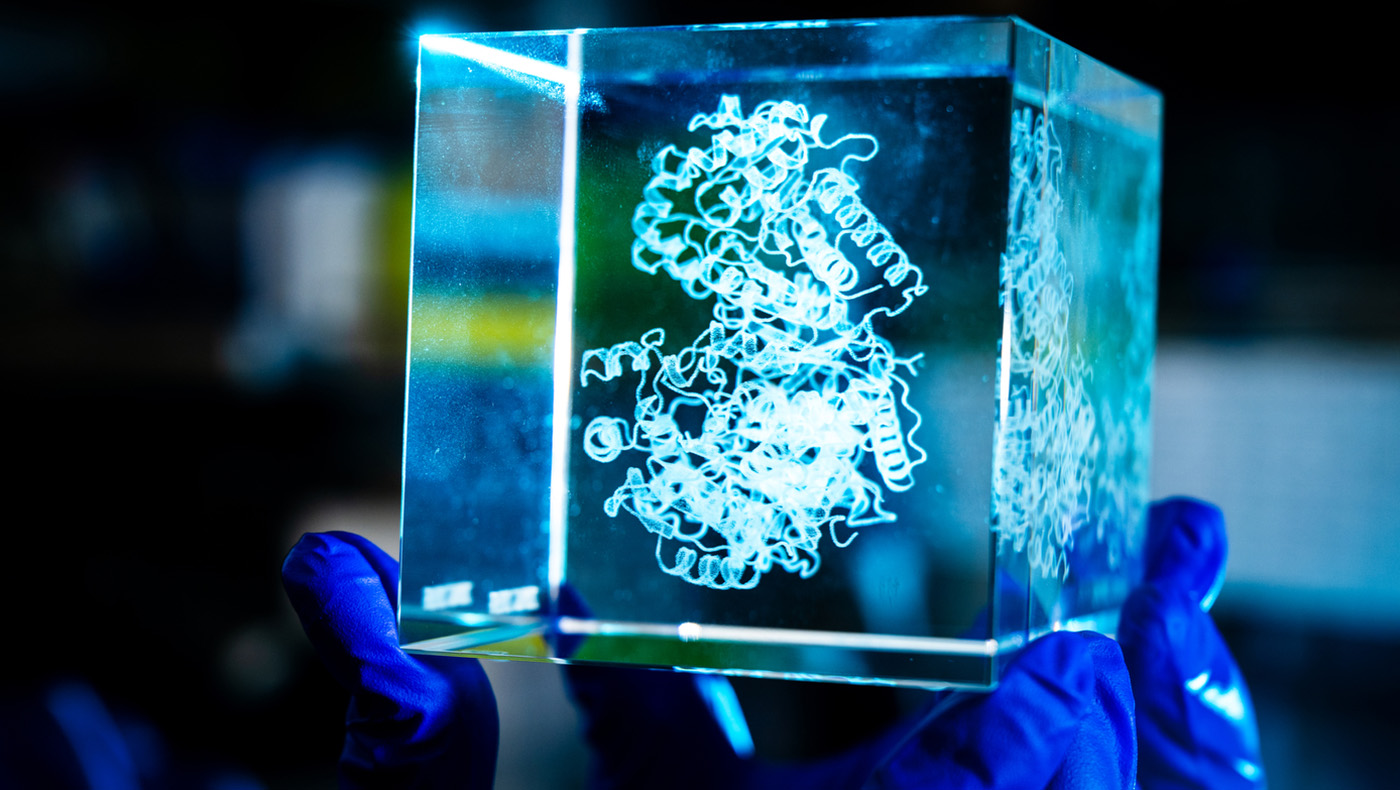
Researchers decode the chemistry behind a deadly genetic disorder
Professors Penny Beuning and Mary Jo Ondrechen used AI to predict which genetic mutations cause OTC deficiency, uncovering clues to guide future treatments.

Sociology, meet ecology: How the variability of coffee harvests can teach us about sustainable farming
New research from Gabriela Garcia and Laura Kuhl looks at farmers’ responses to variable crop yields to make better recommendations for resilient practices.

The Leonids meteor shower is here. Here’s why it could be even more impressive than usual
The Leonids meteor shower will soon light up the night sky. Astrophysicist Jonathan Blazek explains the ins and outs of this spectacular event and how to catch a glimpse of it.

Cross-College Magnetics Center Hosts Second Workshop at Northeastern University
The second annual Cross-College Magnetics Center Workshop showcased cutting-edge research in magnetics while fostering crucial academic partnerships across continents.

Want to eradicate malaria-bearing mosquitoes? Try fungus, this researcher says
Binod Pant, a Northeastern postdoc, has created a mathematical model that demonstrates how a fungal solution could control malarial mosquito populations.

What if your Tamagotchi was alive and glowing? This toy prototype is full of bacteria
Northeastern students designed SquidKid, a toy where keeping bioluminescent bacteria alive and glowing is the name of the game. The playful design landed a finalist spot at the international Biodesign Challenge.